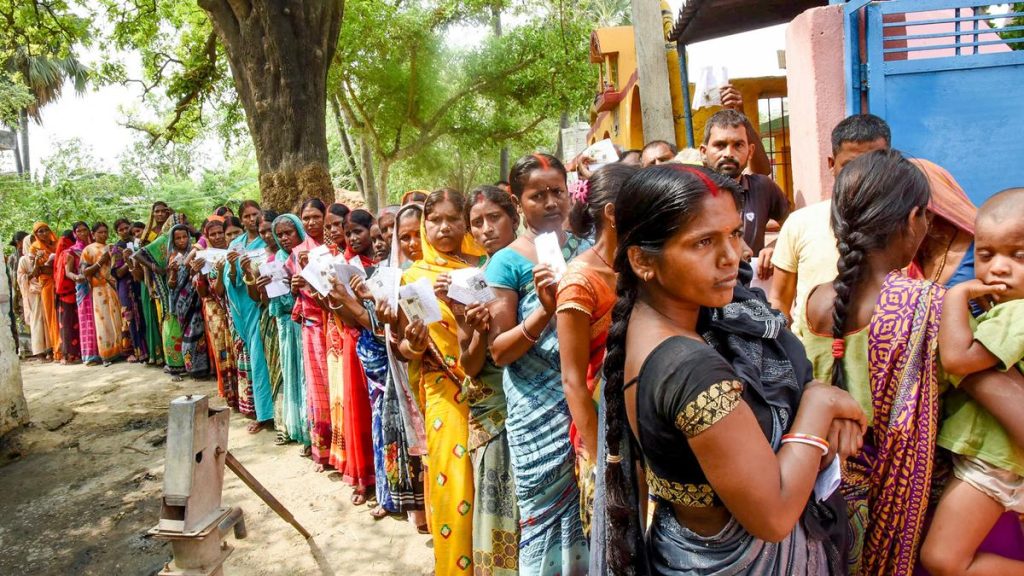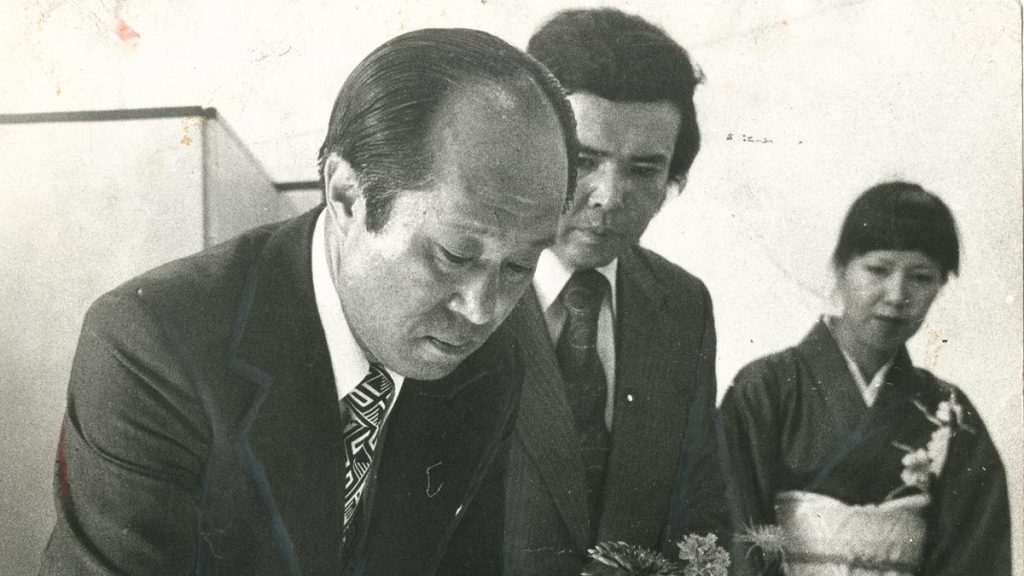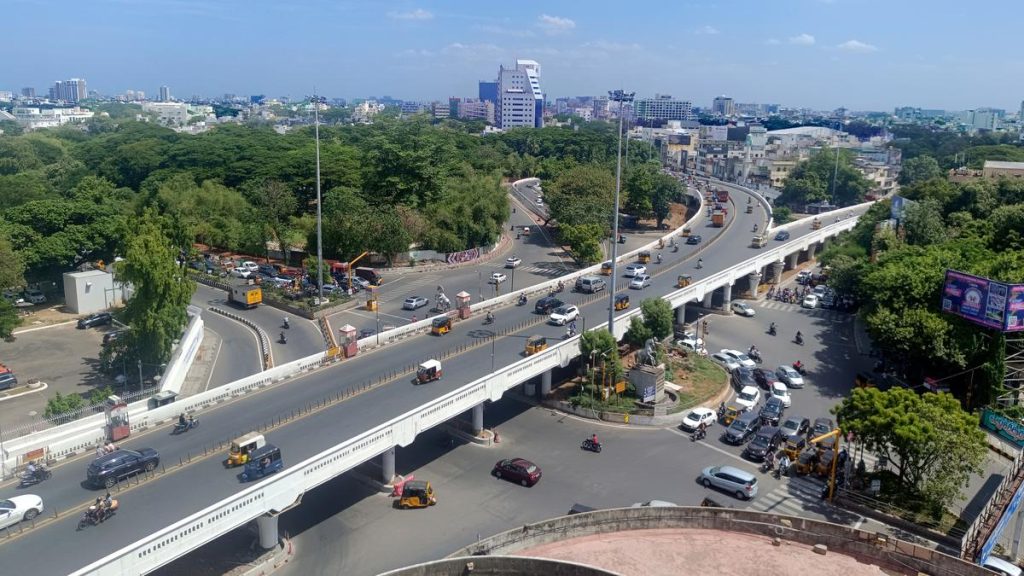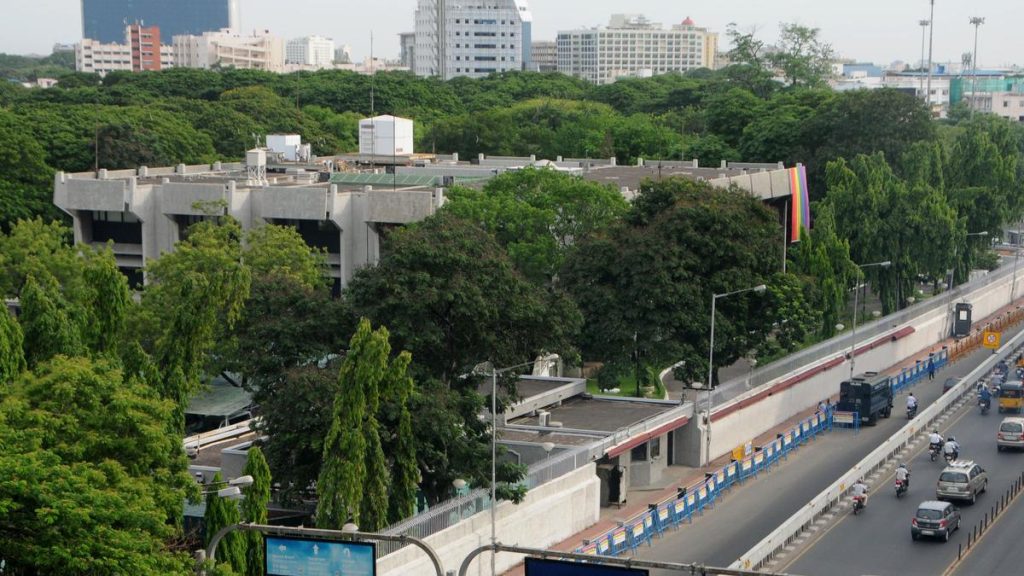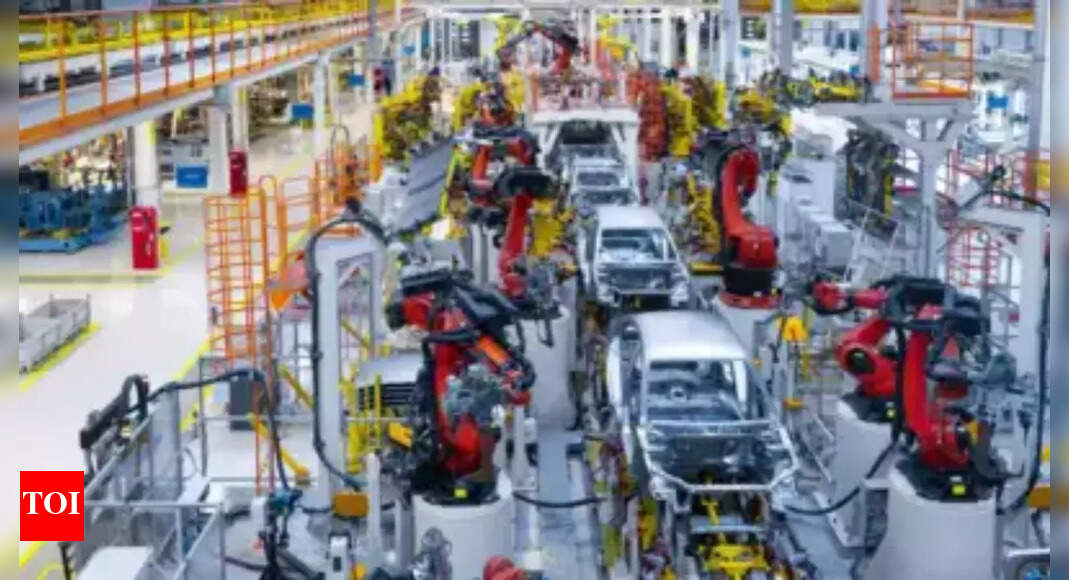Now Reading: Bengaluru Hotels Embrace Automation for South Indian Cuisine
-
01
Bengaluru Hotels Embrace Automation for South Indian Cuisine
Bengaluru Hotels Embrace Automation for South Indian Cuisine
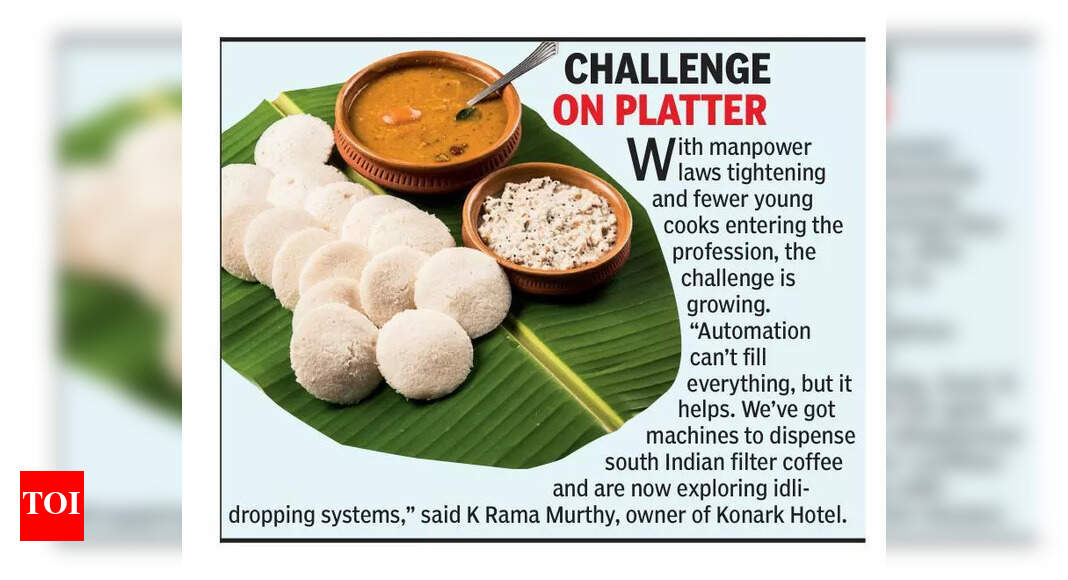
Rapid Summary
- Bengaluru’s hotel kitchens are increasingly adopting machines for preparing South indian cuisine due to growing demand and a shortage of skilled cooks.
- Machines are being used to automate processes like vada-making and pongal planning, though full automation for customary recipes remains elusive.
- PC Rao, honorary president of the bangalore Hotels Association (BHA), emphasized that machines require human intervention for ingredient preparation, thus limiting complete mechanization.
- BHA president Subrahmanya Holla noted that automation is advantageous in bulk-catering but fails in certain tasks requiring precise manual input, such as mysore Pak production.
- High-tech combi ovens have been introduced at Konark Hotel to assist with dishes like bisibele bath and pulao, but limits exist for frying or preparing items like sambar or masala dosa due to the deep-rooted nature of traditional cooking methods.
- Advanced food technologies such as freeze-drying and vacuum-packing are also being experimented with but remain expensive options.
- Hospitality schools in Bengaluru are updating their curriculum by training students on AI-driven systems that streamline operations like menu planning and stock management while blending technology into customer service roles.
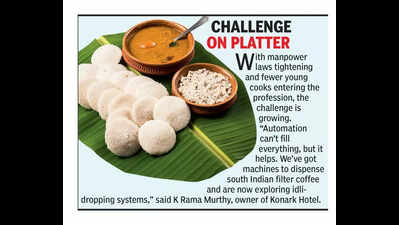
Indian opinion Analysis
The increasing reliance on kitchen automation within Bengaluru’s hospitality sector marks a significant shift driven by practical challenges-namely high demand for South Indian cuisine coupled with a declining pool of skilled cooks specializing in regional traditions. While this technological adaptation offers efficiency benefits for large-scale catering operations, the nuanced processes behind traditional recipes continue to resist full mechanization due to their reliance on inherited culinary wisdom and artisanal techniques.
Machines undoubtedly reduce operational bottlenecks where bulk production matters; however, their current limitations around precision cooking highlight an enduring need for trained professionals who preserve the integrity of heritage cuisines at scale. From an educational outlook, integrating AI-driven systems into hospitality curricula seems forward-thinking given Bengaluru’s tech-savvy habitat-yet instructors rightly point out how human expertise remains irreplaceable within an industry reliant upon personalized service.
This balance between embracing innovation while protecting cultural authenticity may well define India’s broader culinary trajectory amidst increasing globalization pressures within urban centers such as Bengaluru.


